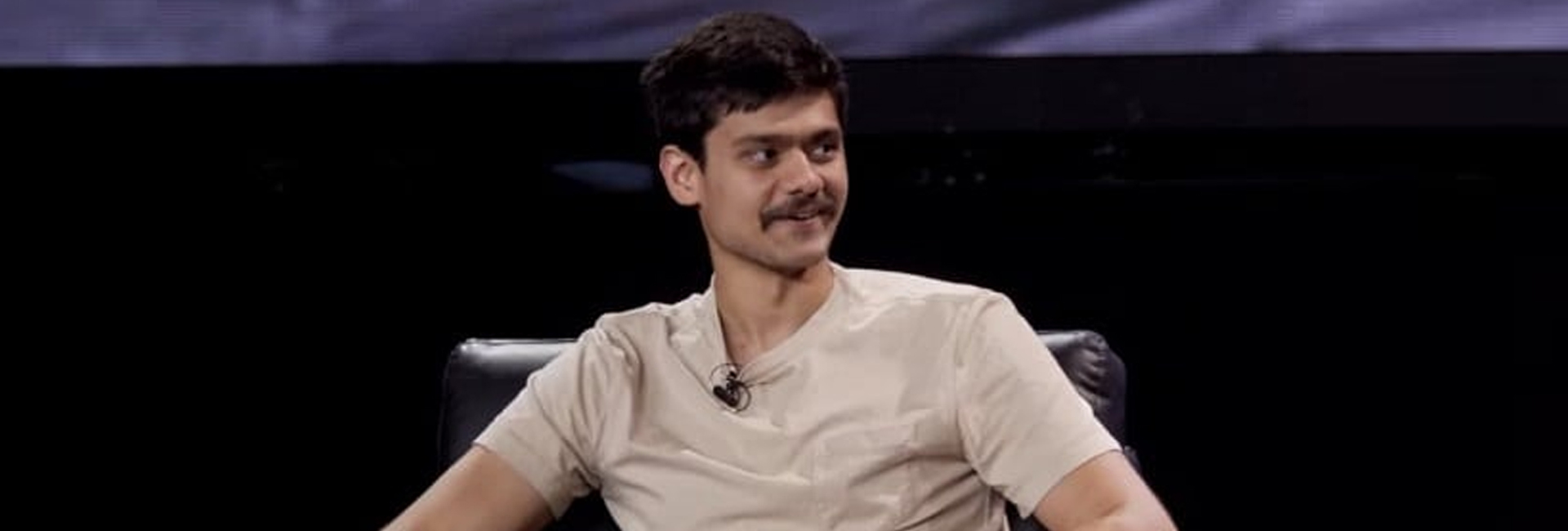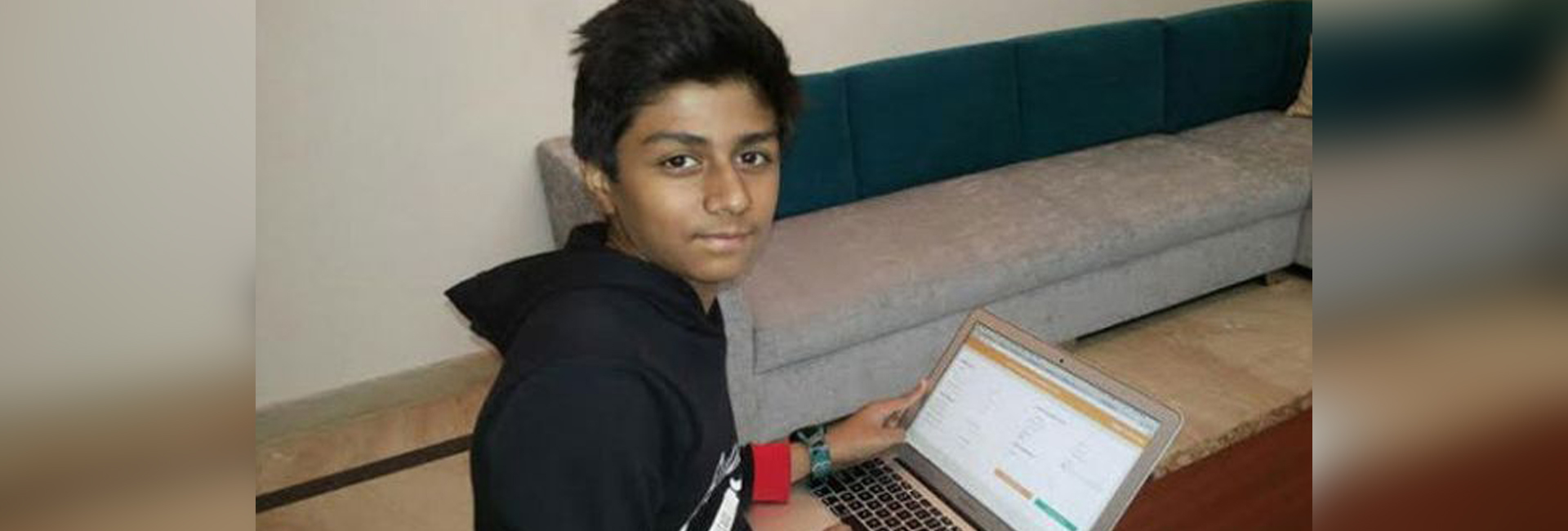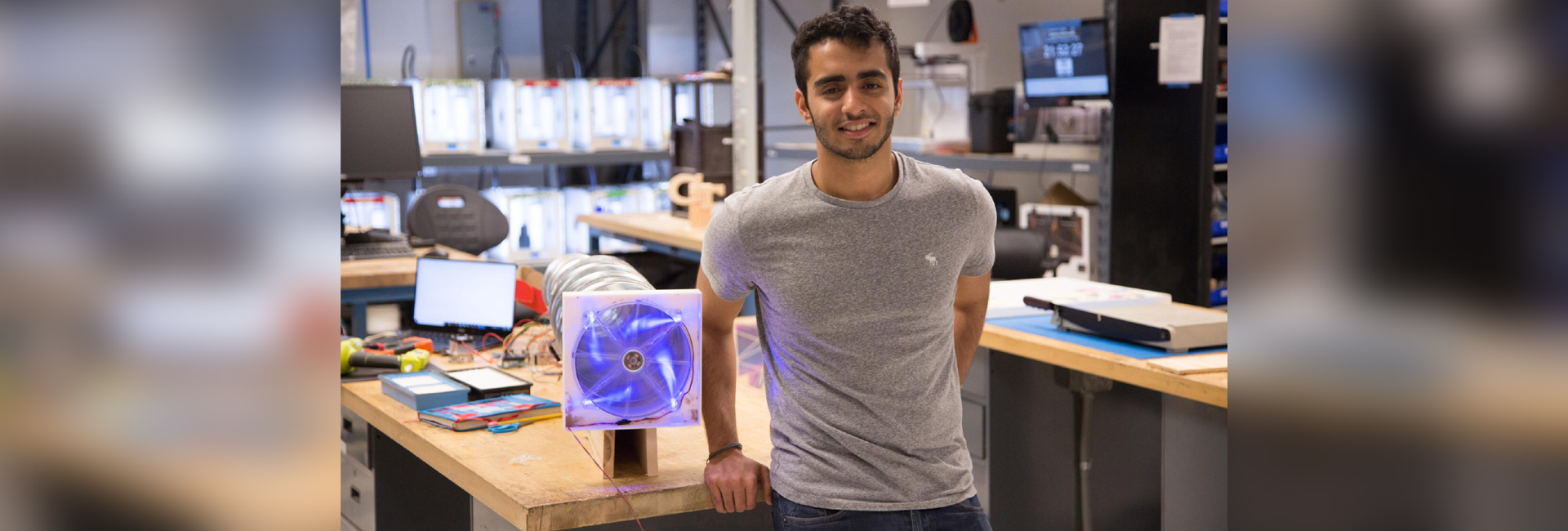(February 5, 2023) Growing up, Taj Pabari wanted to be in school to learn the things that one couldn’t learn otherwise, and not waste time on activities or problems that machines could solve. This led him to entrepreneurship at a very young age, making him one of Australia’s youngest and successful entrepreneurs.
The CEO of the ASE Group – a community-led and purpose driven social enterprise that delivers education, entrepreneurship and employment programs to young people – has reached out to over 180,000 people so far, and is helping young people learn how to build businesses and make money. “Instead of teaching people the skills they need to get a job, the education system is teaching them to get good grades so they can get into a university. I think that’s wrong. A heap of adulting skills is missing from the education system,” Taj tells Global Indian. And it is this gap that Taj is bridging with the Australian School of Entrepreneurship, by providing youngsters with skills that they need to thrive in the real world.

Taj Pabari is one of Australia’s youngest entrepreneurs.
The disconnect began for him as early as third grade, when he couldn’t wrap his head around long division, and didn’t understand why something that could be solved with a calculator was used as a means to assess a child in school. “When calculators became mainstream in schools, the educators, the education department and the government started banning it. There was a significant level of confusion with calculators, but ultimately, they realised that calculators are an amazing tool, and won’t replace mathematicians or quantum,” he says, adding that now ChatGPT has caused a similar confusion years later. With the buzz around ChatGPT taking over assignments and jobs, reams of print are being written on the general-purpose chatbot that creates AI-generated content.
“We need to move towards assessment based on problem solving and human skills. If people are worried about kids doing their assignments on ChatGPT, it’s probably not a very good assignment to begin with. ChatGPT cannot do an assignment that can assess human skills. Humans should be competing against machines on human skills, because machines will never be able to demonstrate human skills. No matter how advanced a machine or AI technology may develop, it’s a skill that machine will never be able to demonstrate,” says Taj, at a time when ChatGPT has reached 100 million users within two months of its launch.
The 23-year-old calls ChatGPT an “incredible tool”, and believes that “instead of banning or frowning upon systems like this, we should be urging young people to be taking up these platforms.” The entrepreneur explains, “During school, teach them appropriate usage of techniques, teach about responsible AI techniques to make sure they know how to make the most of it. Going back to the basics of the future of any work, we know that any task or job that can be simplified down to a series of sequential and logical steps can and will be automated by AI. Government and educators are afraid of young people using ChatGPT. However, the assessments they are giving younger people are not in alignment with the needs of the real world.”
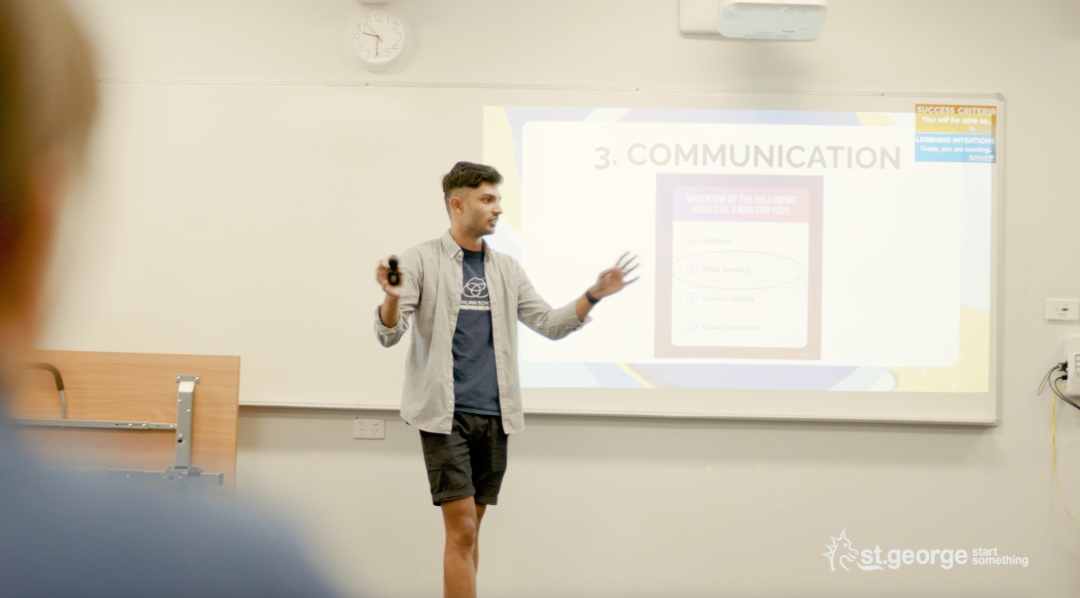

Taj, who was awarded Young Australian of the Year for Queensland in 2017, believes that real-world skills are should be the focus of the education system. “If we are looking at skills of the future then rather than trying to compete with the machines on the skills that machines can probably do better, such as knowledge-based tasks, let’s compete on human skills,” the entrepreneur adds.
Disengagement led to purpose
Born in London in 1999 to Indian mother who was brought up in the UK and a father who has many generations living in Kenya, Taj moved to Australia at the age of one as “Kenya wasn’t one of the safest places to raise a child due to increasing crime rate.”
Growing up in Queensland, Taj had a hard time getting accustomed to the conventional way of education where he saw every other child “doing really well” in academics. Being the only person who wasn’t keeping up with his classmates was “an isolating experience” that continued throughout primary school. “I couldn’t connect the dots between the things that teachers were teaching me in school and the things I really needed to succeed in the real world. The mix of these two problems led to my disengagement from mainstream education.” The disengagement led to many detentions and suspensions throughout the school, making his parents furious. But those days made him realise his interest and passion for technology. “I loved pulling off electronics and exploring the insides of the softwares. I realised that technology was the path that I would want to pursue when I grow up.”
As young as nine, Taj began his first “informal business” – a tech blog – where he was reviewing electronics, and that’s when he realised that tech is something beyond a hobby for him. Amid the “boring” school classes, he had found something that made sense to him. Being a child of the tech era, he couldn’t fathom the need to learn long division in school, when calculators could easily do the job. “I couldn’t understand why you would assess a child, in an examination setting, on his ability to demonstrate long division. In the work space, they will have access to a calculator. The purpose of the school is to prepare young people for the future of work, and if we know that the future of the work involves calculators and AI systems, we should be adjusting our assessments in school to assess tasks that are in line with the needs of employers.”
First brush with entrepreneurship
As a teenager, he was keen to grasp skills that would help him thrive in the real world, and that pushed him on the path of self-learning. At 14, he started 56 Creations, to teach young people digital literacy. “We started by developing a DIY tablet for kids, by kids. Its tagline was the Lego of 21st century. I wanted one while growing up, and that’s why we started the business.” After two years of successfully running the business with the tablet model, they switched to running workshops for young kids with regard to STEM skills and digital literacy, and reached out to over 50,000 people across the planet.
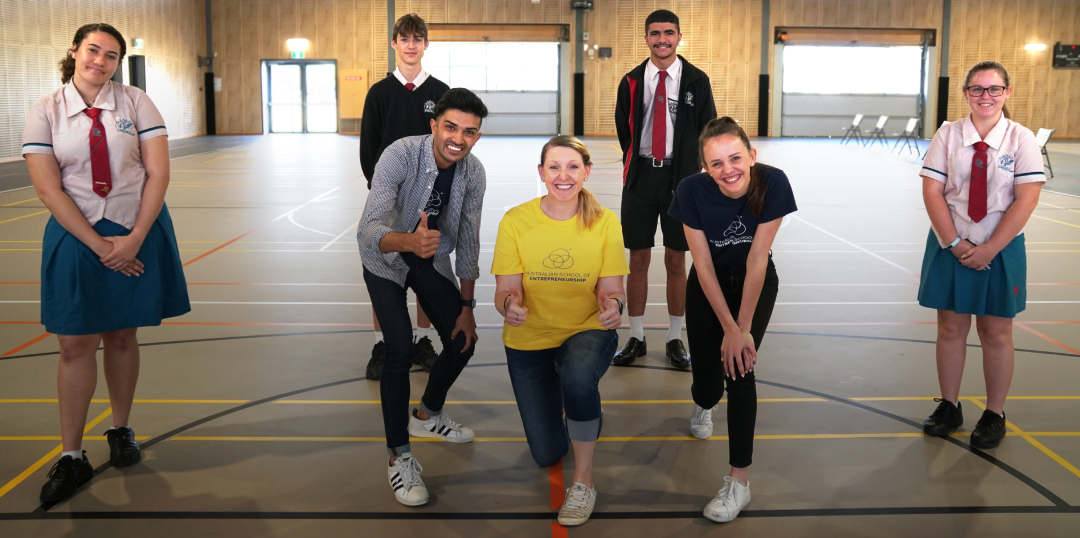

His first real business gave him confidence, making him believe that he was a kid with a career, and grades wasn’t the only criteria to assess a child’s ability. “It was actually my first taste of what a career in business would actually look like.”
Helping build business
After running 56 Creations for seven years, Taj wanted “a bit of change.” “While I liked tech, I realised my passion was actually the business and entrepreneurial side. I thought, let’s teach kids how to build businesses, and find kids who were in similar positions as me while growing up – some who were disengaged and some from disadvantaged backgrounds as well.” This gave birth to Australian School of Entrepreneurship in 2020.
With the world facing a global crisis in the form of Covid-19, it was a difficult year to start a business. “However, we realised that some of the biggest businesses like Instagram and WhatsApp came from global crisis, when youth unemployment was on the rise. We thought we could actually use self-employment to solve some of the biggest problems. We worked with a group of disengaged kids who were learning new skills by the end of the program, and also making money. We realised that self-employment and entrepreneurship can solve youth unemployment.”
The ASE Group has two initiatives – Australian School of Entrepreneurship that works with young people, and Australian School of Employment that works with adults. While the former provides entrepreneurship training and life skill programs through workshops and online education, the latter provides self-employment programs to help Australians contribute to their local communities through micro-businesses. “Collectively, we have worked with 180,000 people across the planet. We do a lot with online education and that’s how we are able to reach people internationally. More than 1.5 million Australian dollar of income has been generated by our alumni,” says the proud entrepreneur.
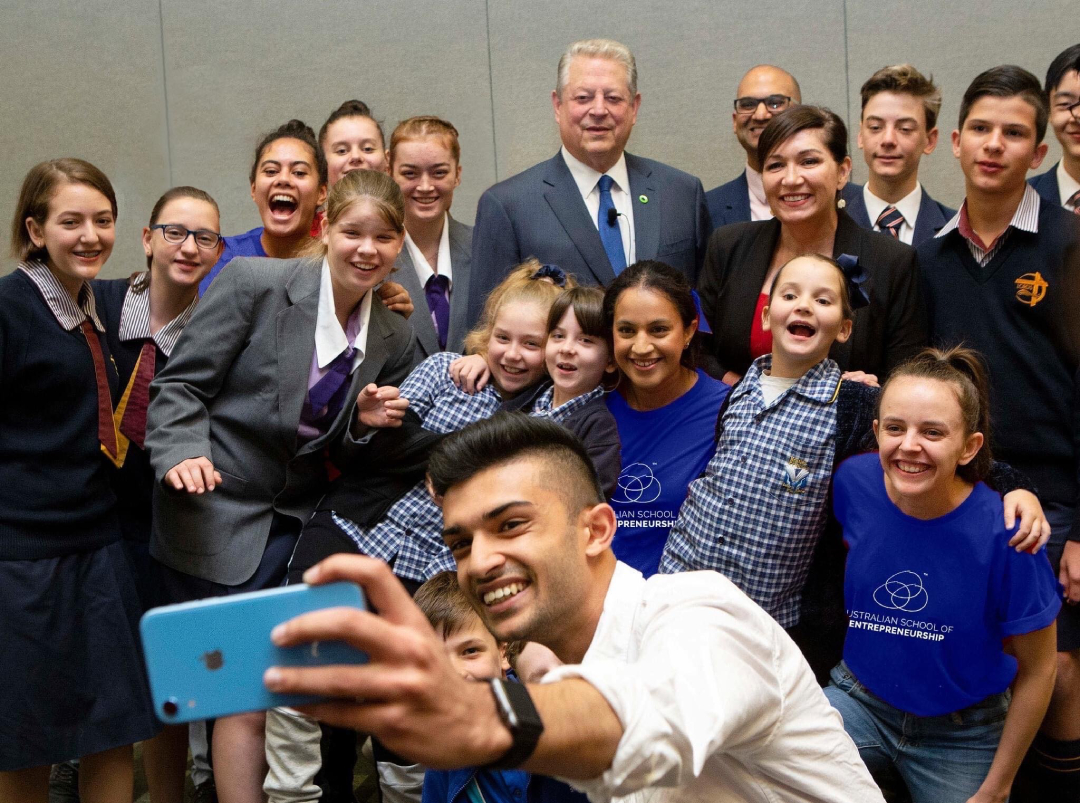

Much of Taj’s learning was done on the go, and it was challenging to start with almost “no worldly wisdom and no life experience” because he would make “significantly more mistakes than the average business owner.” Moreover, he had to learn to manage stress and his wellbeing. “I had to put together strategies which were beneficial and helped me get through extended period. Entrepreneurship is a tough spot,” he says.
Having already reached 180,000 people in the last three years, the entrepreneur is keen to expand the impact to a million people by 2030. “That’s lifting a significant number of people out of the poverty trap, out of youth unemployment trap. And instead of applying for work, start your own business. Create your own future is essentially the vision.”
- Follow Taj Pabari on Linkedin


